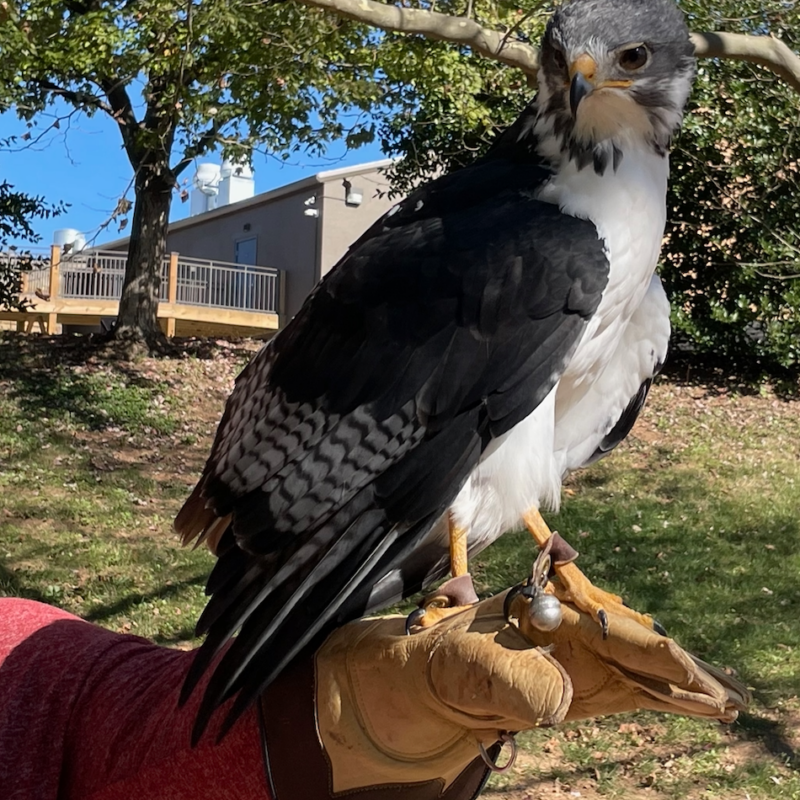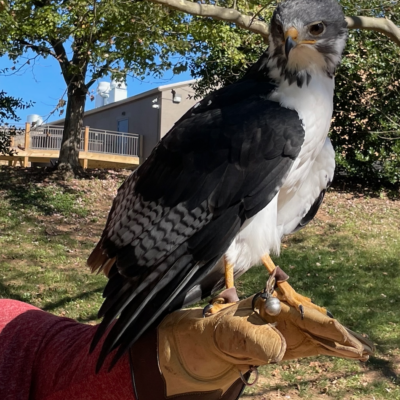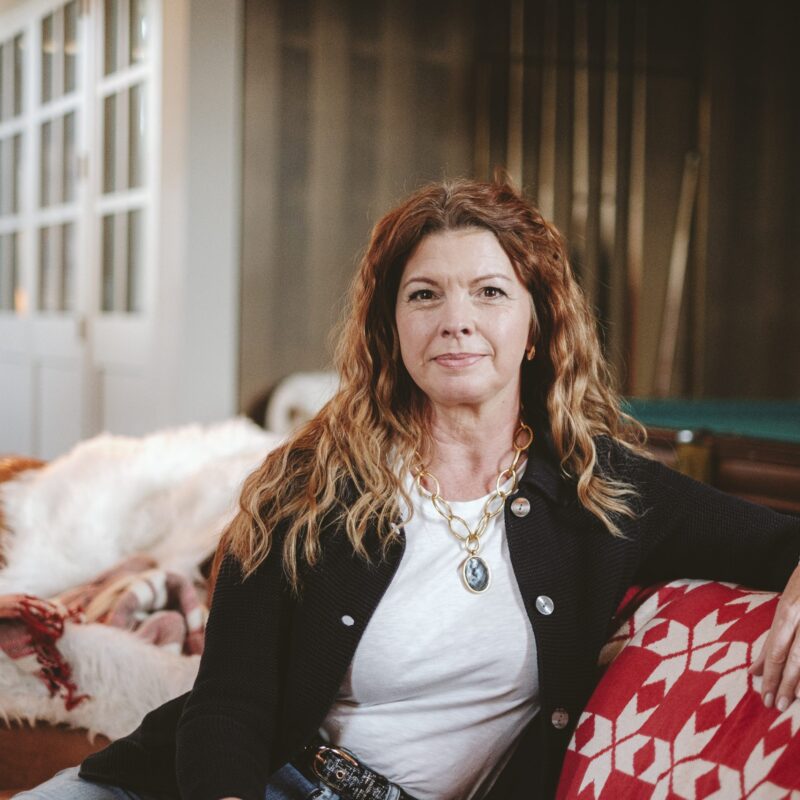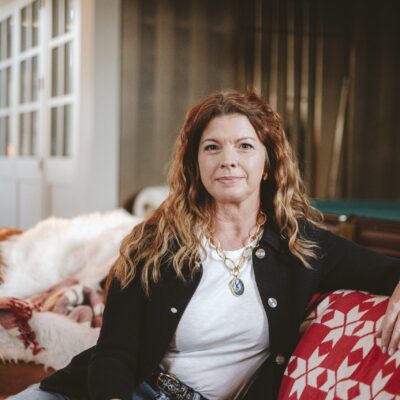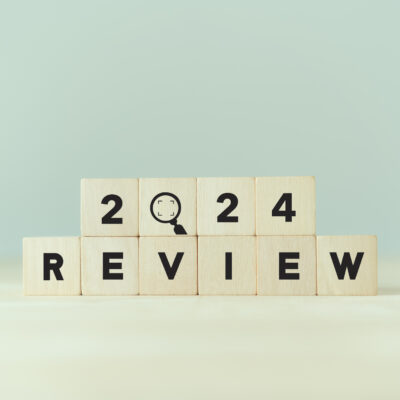After Love is a Mixtape was released in 2007 to great fanfare, Rolling Stone contributing editor Rob Sheffield joined the ranks of onetime locals whose name current locals love to drop. That’s not likely to change with the release of his new book, Talking to Girls About Duran Duran, released this month, about growing up during a time when music videos were changing the look of popular culture, Prince was still in his 20s and Sheffield was a gawky, pop-obsessed teen.
|
Rob Sheffield’s new book is about how he became a lover of all music—from Kajagoogoo to Duran Duran—in the 1980s. “Like so many other American kids, I had my whole idea of music altered by Duran Duran,” he wrote on the band’s website. |
Your first book, Love is a Mixtape, was about the death of your wife. What’s your new book about?
I guess it’s about me becoming the kind of guy who was, sharing these songs and growing up into the kind of guy who could fall in love the way I do in Love is a Mixtape. This book ends in Charlottesville, the way the other book is mostly in Charlottesville. When I think about growing up, and the sort of emotional adventures you have growing up, they’re tied to these really specific memories about music. So for me that was really the only honest way to write about it.
You write about Madonna the same way you write about the Replacements. It feels like nowadays you have to root for just one team.
There was no contradiction between loving those different styles of music at the time. There was great pop music and you listened to all of it because you didn’t want to miss out on anything. I was listening to the Prince album Purple Rain this weekend. It’s funny how he can keep up with all those guitar solos on that record, like he wants to be Eddie Van Halen. Van Halen was doing the exact same thing in 1984—they wanted to sound like Prince by bringing in synthesizers. “Jump” is basically the riff from Prince’s “Dirty Mind,” played a little slower.
What do you mean when you call Duran Duran a video band?
MTV was playing all their stuff because they had to fill 24 hours, and there weren’t that many bands with videos. Duran Duran didn’t even exist on American radio, and suddenly they were getting all this cable airplay, so even cities like Boston that didn’t have cable yet, the pop stations and rock stations and disco stations all started playing Duran Duran because people in other parts of the country were flipping for Duran Duran and buying Duran Duran records. MTV really changed the sound of music and really raised the stakes for what people thought was possible in music.
You list WTJU, where you used to be a DJ, in the acknowledgments at the end of your new book.
In the rest of the country, if you ask people three things about the University of Virginia, they’ll say sports teams, Thomas Jefferson and WTJU. Those are like the three things that the university represents on the national level. WTJU is doing a lot of heavy lifting on behalf of the university there.
You also list The Hold Steady.
The first time I saw them I was like, “This is the greatest band I’ve ever seen.” I love the way music plays such a huge role in their stories. Some of it is music that everybody knows and some of it isn’t. He’ll mention Lionel Richie or Kate Bush in a song, but then he’ll mention Negative Approach or SS Decontrol, bands you only know if you were going to hardcore shows in a specific town at a specific time. All those details combine to tell a story. It banded my idea of talking about music, and talking about memory—both personal memory and cultural memory, and how tied together those things can be.
Wasn’t it in the ’80s where pop music started to feel disposable?
I was a teenager at the time, you know, so that’s my excuse. The experience of falling in love with music in the ’80s is still so much of my experience being in love with music years later—like flipping for the bands I fell for then when they were new wave bands wearing a ton of makeup, or when they were punk bands standing in front of brick walls with their arms folded, frowning. There was that romance and adventure in the music that I still get out of it, more than anything else. It’s weird how music never runs out of romance or adventure. It’s always there if you’re looking for it.

